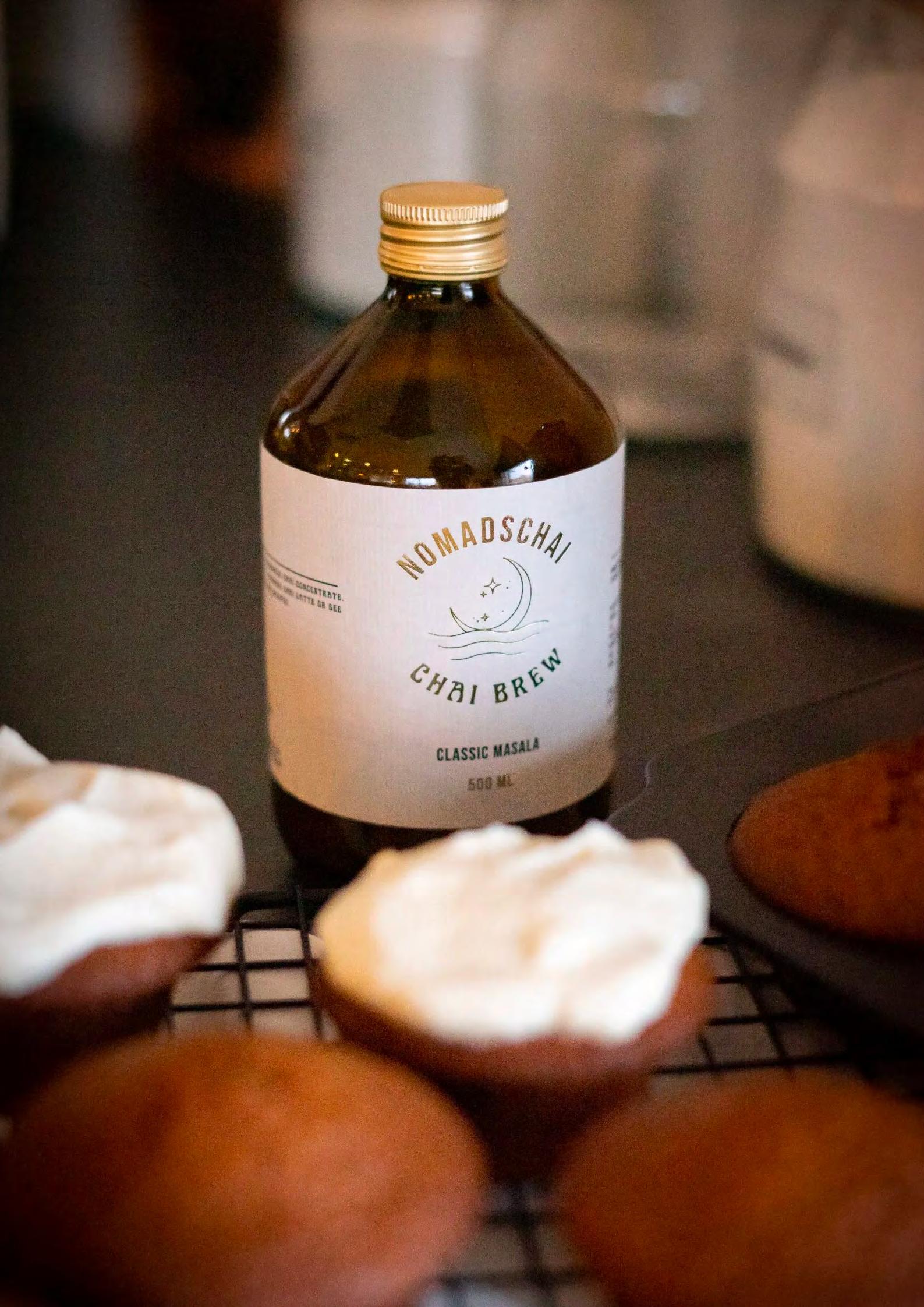Female Entrepreneurship Empowerment.






Making entrepreneurship education and support programmes more inclusive for women.








Making entrepreneurship education and support programmes more inclusive for women.

Together with WeRin – the Women Entrepreneurs in Regional Inclusive Ecosystems project – we aim to make entrepreneurship education and support programmes more inclusive for women.
In the last 6 months, we have worked with more than 40 inspiring female entrepreneurs in various support programs. Some of them share their stories and experiences with you through the interviews in this booklet, but it is especially important to mention how their collective effort as female leaders not only act as role models for future generations but also explore new routes for entrepreneurs in general.
As such, we, as Impact Hub, learn how to contribute to an ever evolving landscape of entrepreneurship and together build an inclusion ecosystem that offers space for more female entrepreneurs.
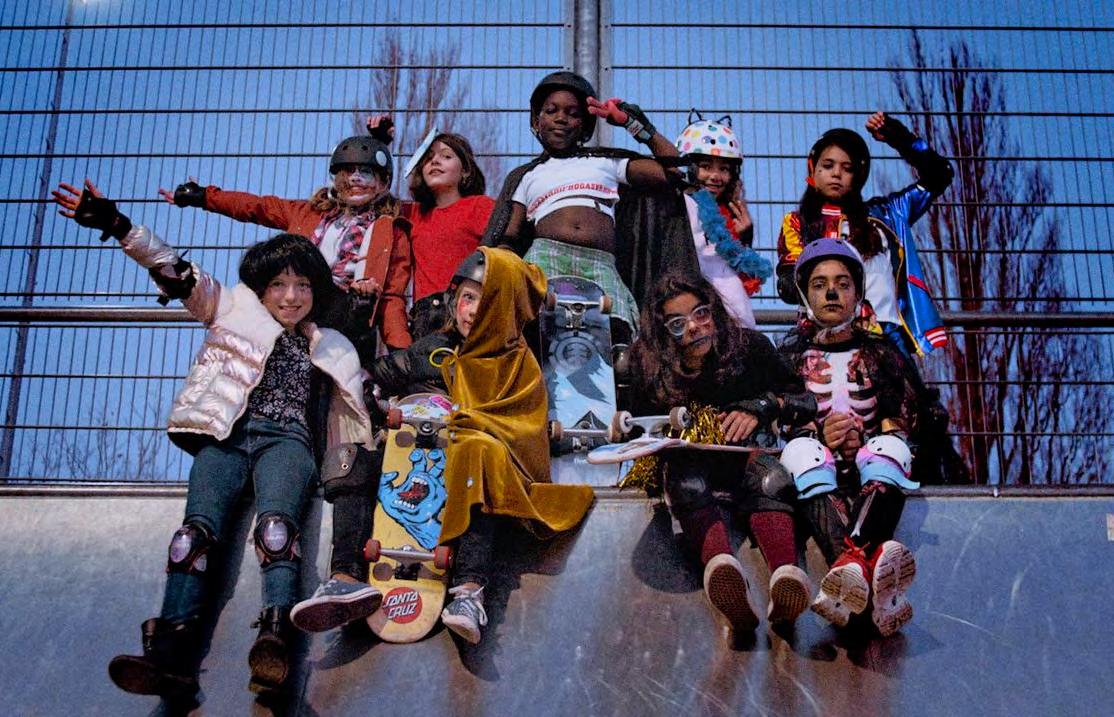 Photography Mathilde Grenod © Project Fearless
Photography Mathilde Grenod © Project Fearless
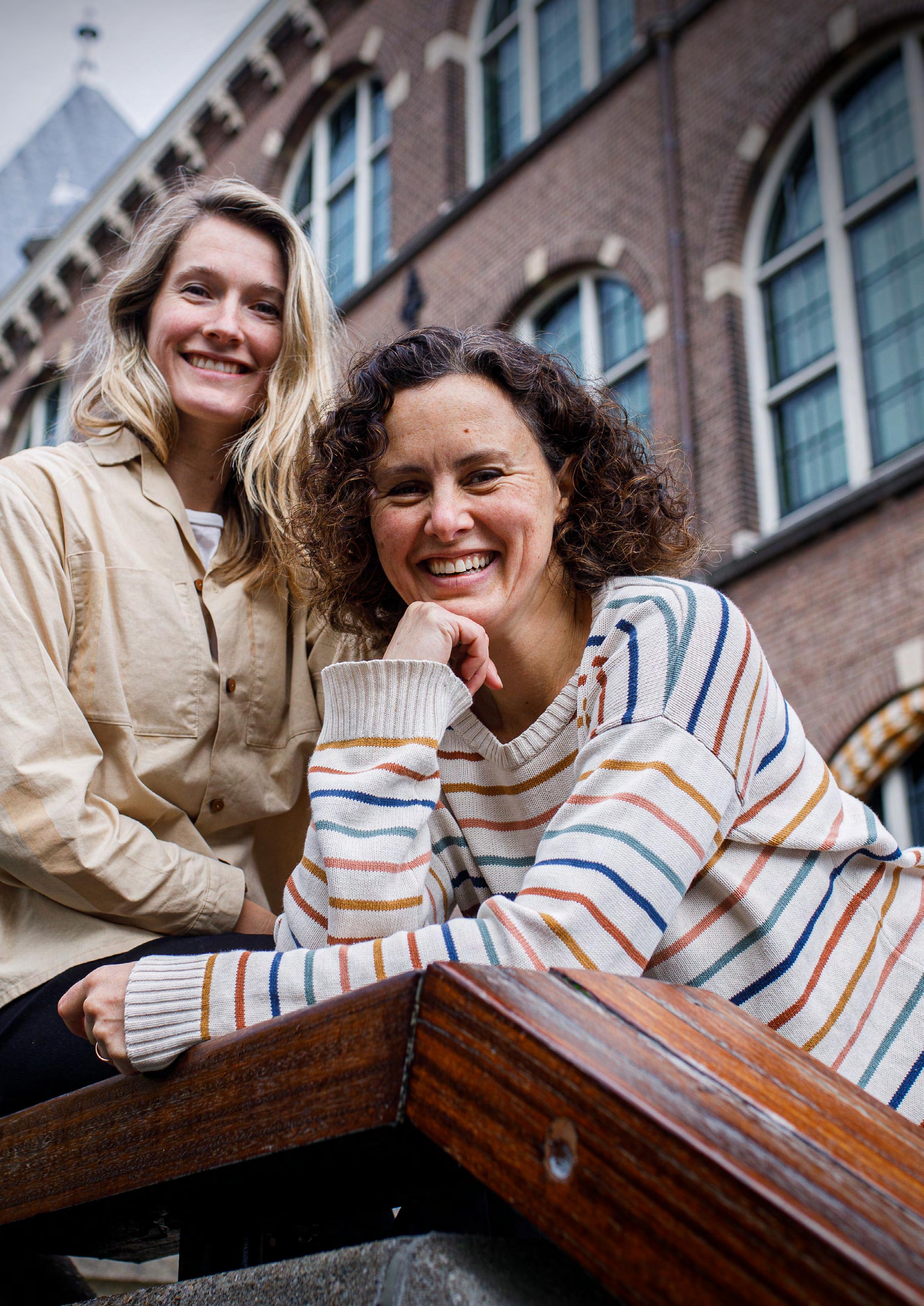
“Leadership to me means, supporting others to flourish in their jobs & listening to their needs.”
“I really like the expression; lead by example. Put in practice what you like to see in the world, from small daily behaviours to big principles.”
Kwaaitaal | Director of Impact Hub Amsterdam
Manon Klein | Director of Impact Hub Amsterdam
Shari Klein
Outlander Materials
Makers Hands
Claybens
Project Fearless Offtrack
The Swapshop
The Good Registry
TechniFris Agro Solutions
The Clothing Loop Mimo Cookies
Nature Bar Nomadschai
Vera Seegers
Mérida Miller Sophie Jurrjens
Lori Goff Hanna Sundermeier
Nichon Glerum Amit Prishkolnik
Monique Drent
Swati Suman
Emy Bensdorp Marlies Van Heusden Salma Tabiat
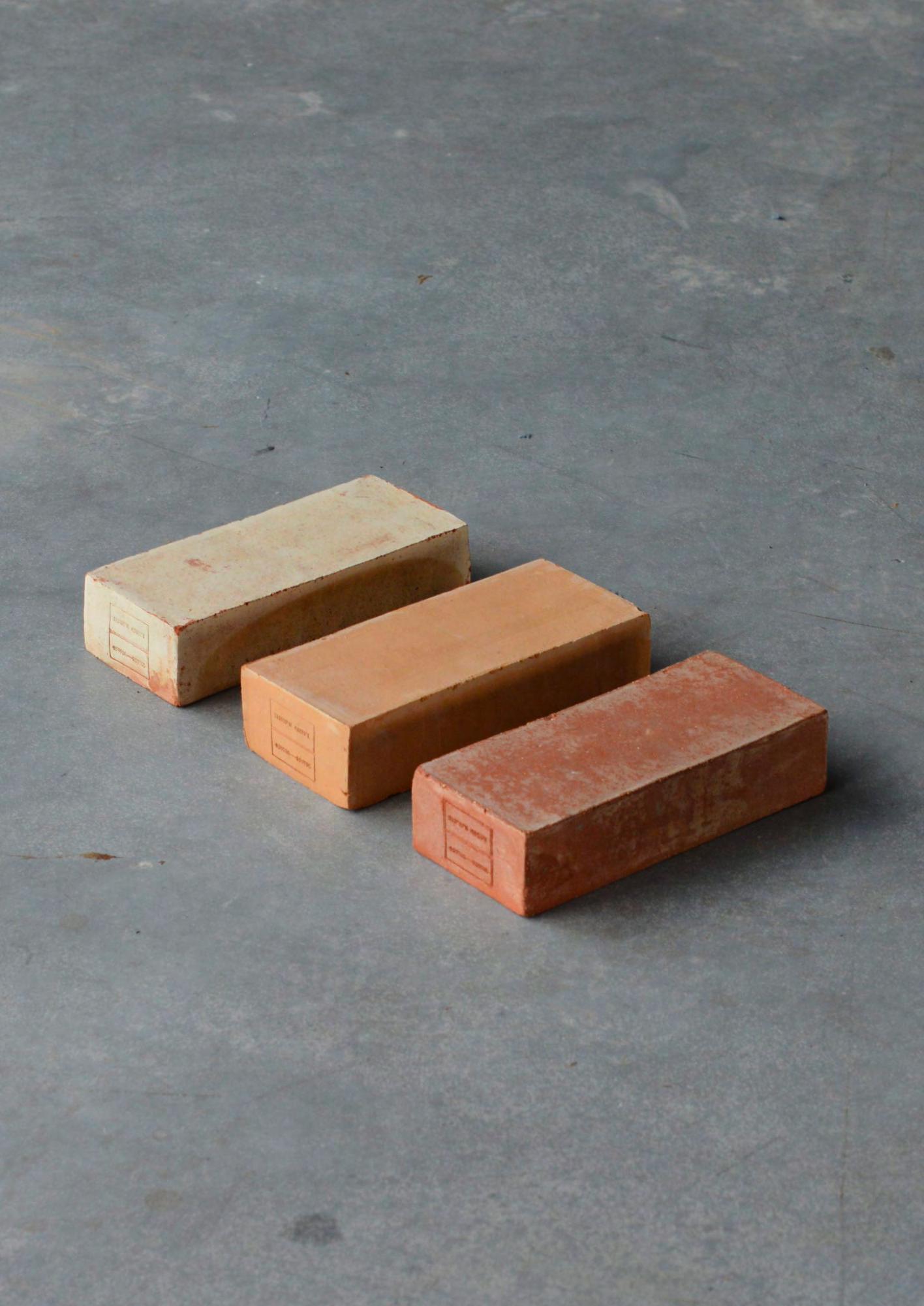 Pictured: Claybens
Pictured: Claybens
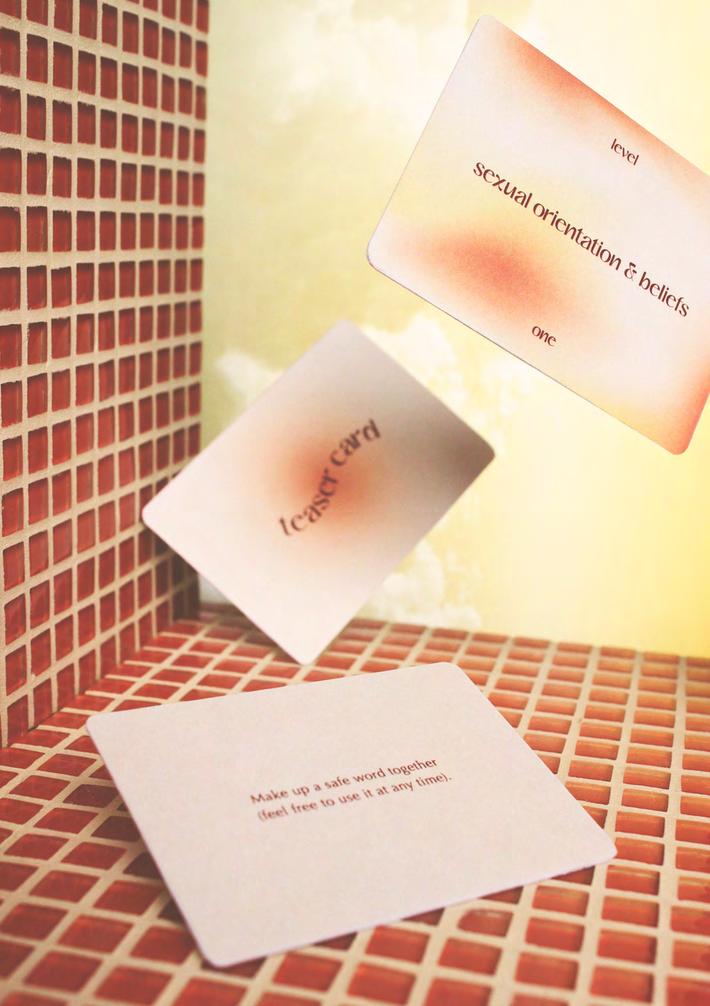
I’m Shari Klein, founder of the Pleasure Society. This platform for sexuality functions as a place where products are developed. All surrounding sexuality and intimacy as main themes.
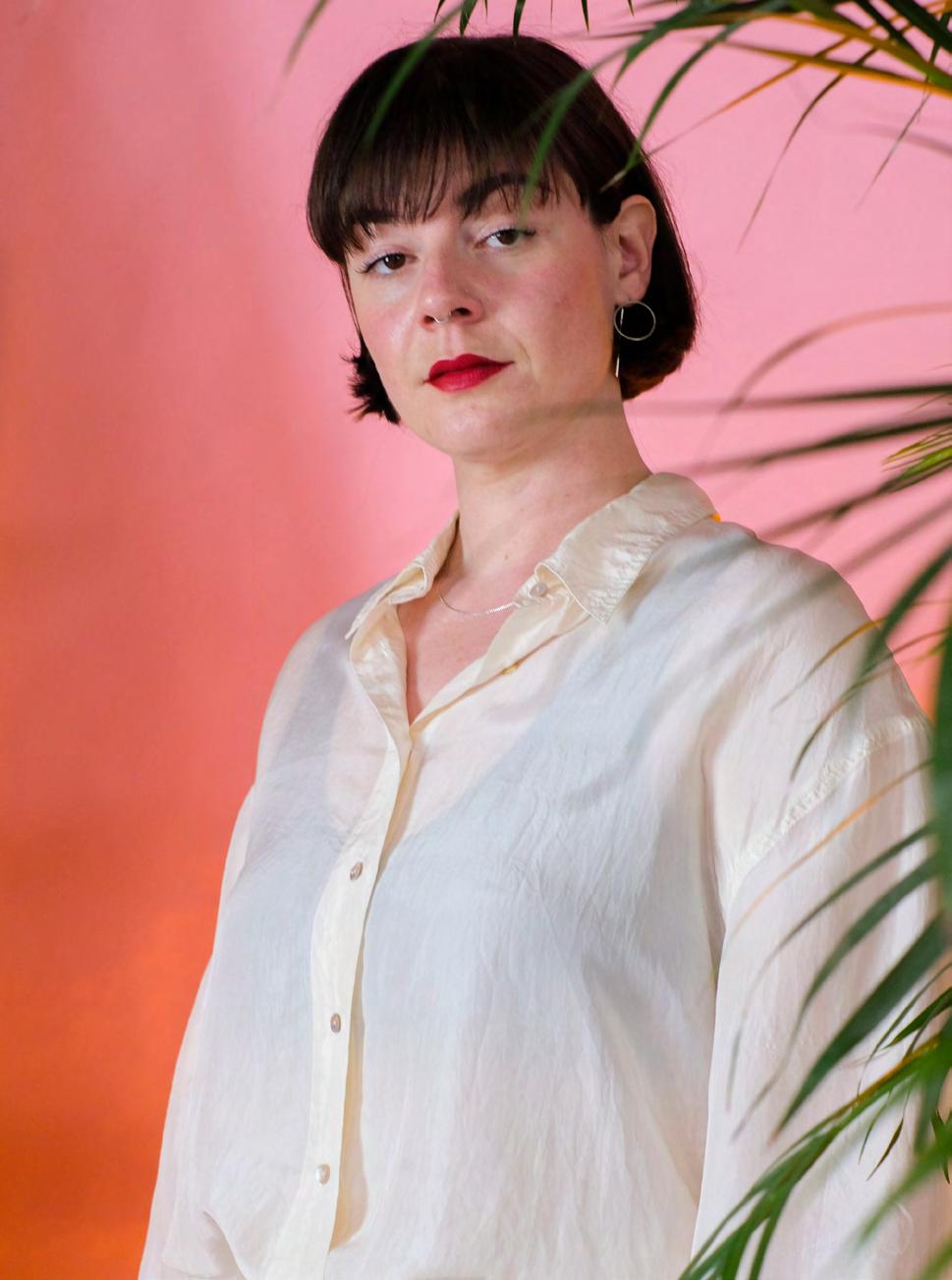
I have never understood why there is such a taboo surrounding sexuality. This inspired me to think of creative ways to break this taboo.
Subjects around sexuality and intimacy have always inspired and interested me. It’s a never ending subject to explore, learn and talk about.
Q. Where are you today with your company & what future do you see?
The Pleasure Society just launched its first exclusive product: the Pleasure Cards. I am planning to develop multiple expansion packs and limited edition decks in 2022. The future will also include other self produced products that can help people deepen their sexual relati onship and explore this part of themselves.
Q. What piece of advice would you like to give other upcoming female entrepreneurs?
Two things that I have learned the past year:
1. Ask for help (and don’t be shy to ask for it).
2. Listen to your gut. It really always will tell you the truth.
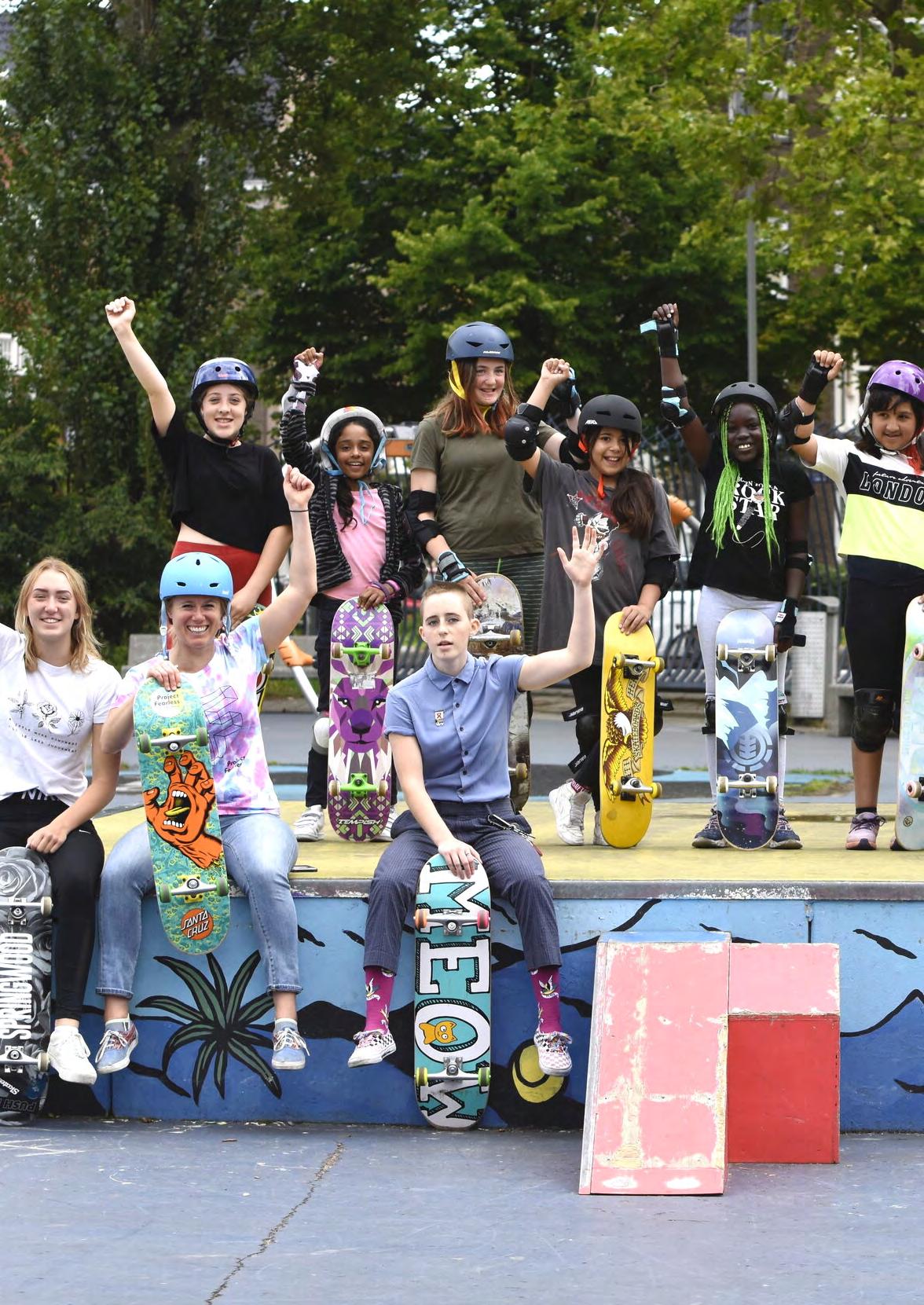
I’m Mérida (she/her). I’m the founder of Project Fearless in Amsterdam that creates one-ofa-kind after-school programs for girls and non-binary youth between the ages of 9-14. Programs that focus on community, resilience, breaking stereotypes, and getting out of our comfort zones together.
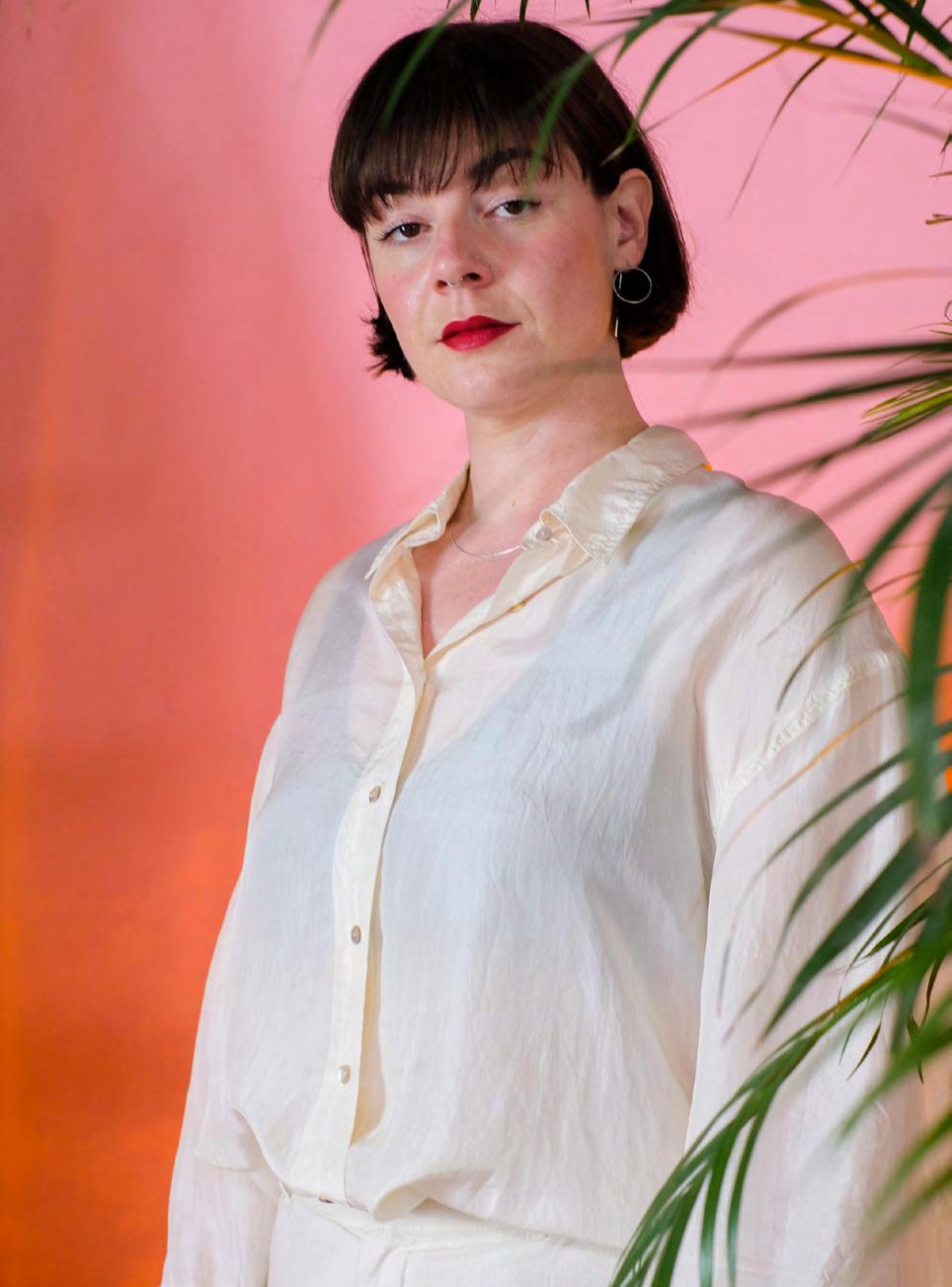
Q. What main inspiration did you have to start your own enterprise?
I like to solve problems to empower other people’s lives for the better. I felt there was a need to focus on the next generation of women, giving girls the tools and space to grow up confident, resilient, and ready for whatever life throws at them.
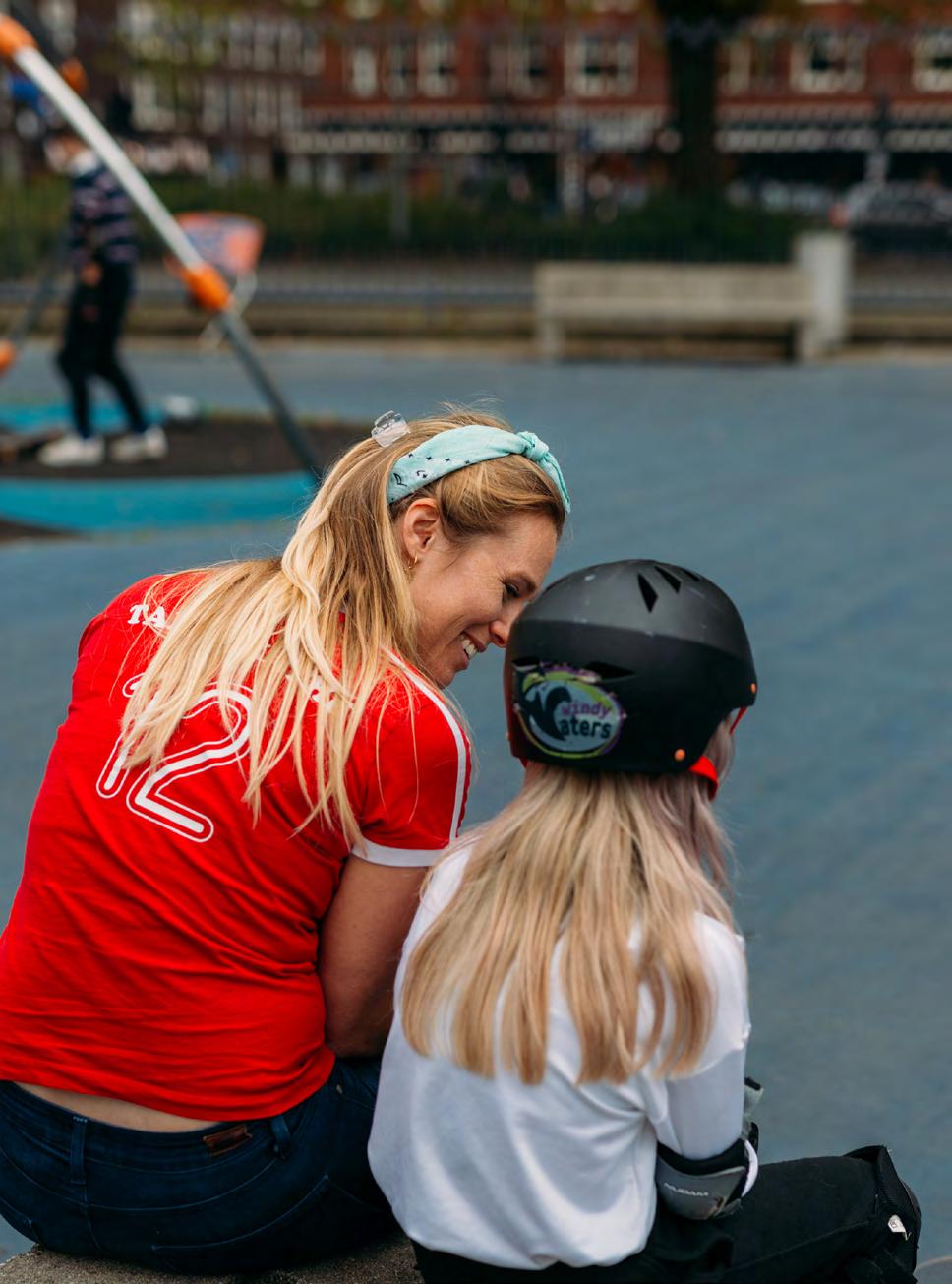
Q. What is it about this specific field that interests you?
Studies have shown that girls’ sense of selfdoubt, self-criticism and fear of failure increase massively when they’re between 9-14 years old. But also that if you influence their lives positively during this time, the impact will stay for the rest of their lives.
Q. Where are you today with your company and what future do you see?
Last year we welcomed over 224 girls and nonbinary kids. We expanded to two new areas in Amsterdam. In 2022 our focus is on creating new collaborative courses with partners. A great way for companies to get involved on a grassroots level and support the future fearless leaders!
Q. What piece of advice would you like to give other upcoming female entrepreneurs?
Get comfortable with always being in the learning phase. Take every new challenge as a moment of growth and find a mantra that helps you through the tough days. Mine is “Well this is an adventure!”
This has always been about eradicating waste. An amazing and nearly indestructible material like plastic can be better used in long term and high impact spaces like cars or furniture rather than on a wrapper for a cookie that will be gone in a few seconds. I think biotechnology and material science are a means to design smarter systems that fit both our lives and the environment.
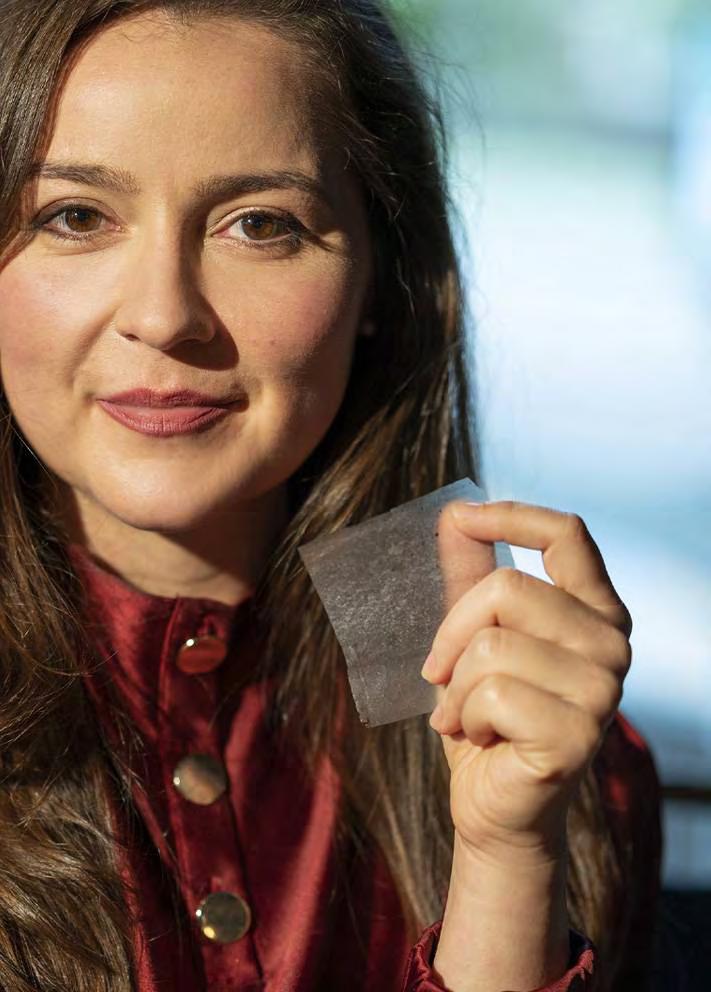
Q. Where is your company today & what future do you see for it?
We’re a team of 5 based in our office at BlueCity. We are setting up a second location at Brightlands Chemelot Campus and are in the process of transitioning our lab scale prototype of UnPlastic toward pilot production. The future we see for our product UnPlastic is that we will have a line of UnPlastic material
that will be a main alternative for lightweight flexible single use packaging in foods, cosmetics, retail, and horticulture segments.

Our company will also expand our biotechnology capabilities to further process and valorize various food waste and side product streams in order to reduce virgin resources needed for material production.
Q. What piece of advice would you like to give other upcoming female entrepreneurs? Embrace the Suck: The entrepreneur’s life is hard. It’s thrilling, interesting, romantic, and filled with passion and purpose. But it’s always difficult. If you can not only accept but embrace that it’s going to be like this, your whole perspective can shift, you’re ready for whatever comes your way and you start to have a lot of fun with it this way.
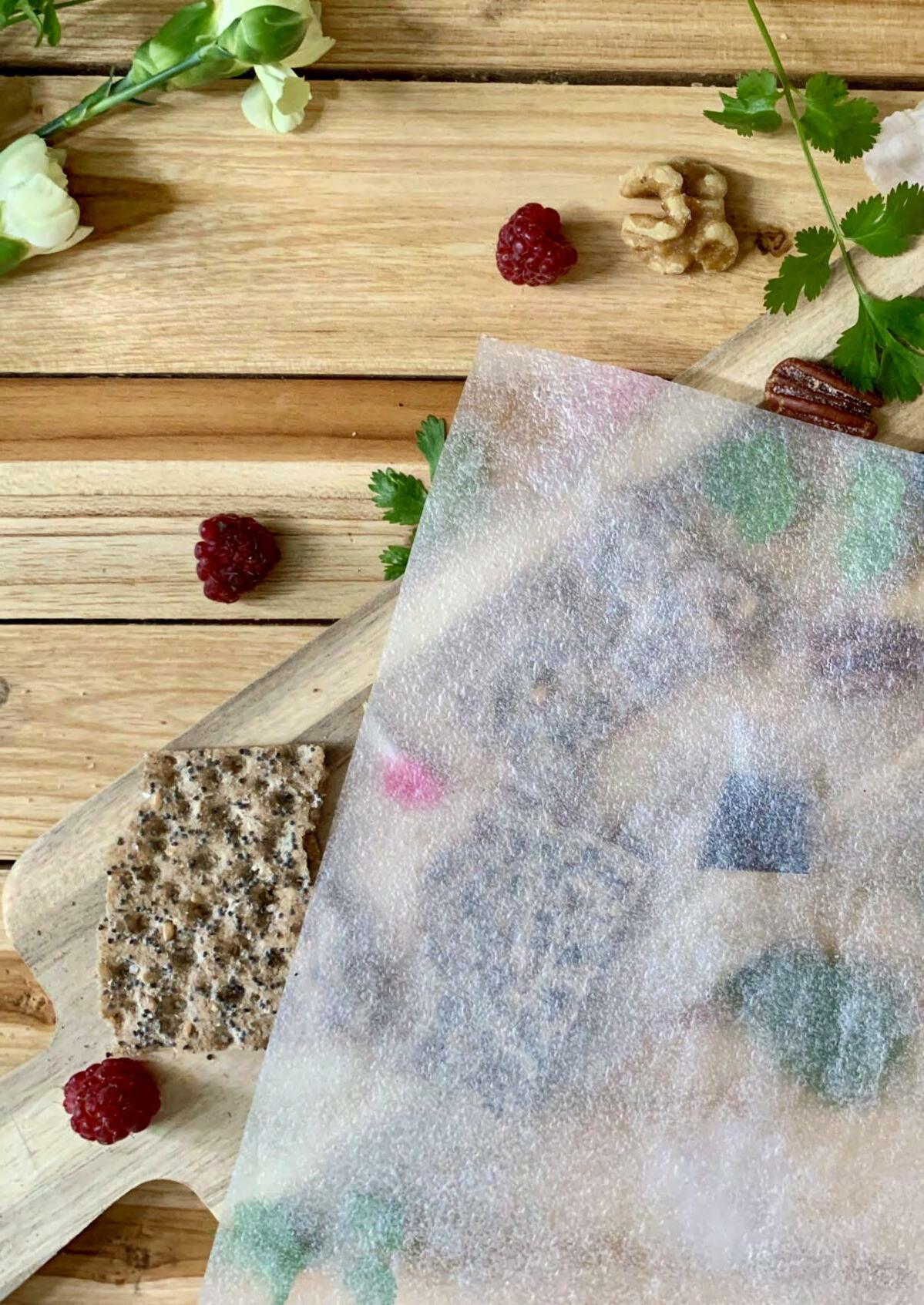

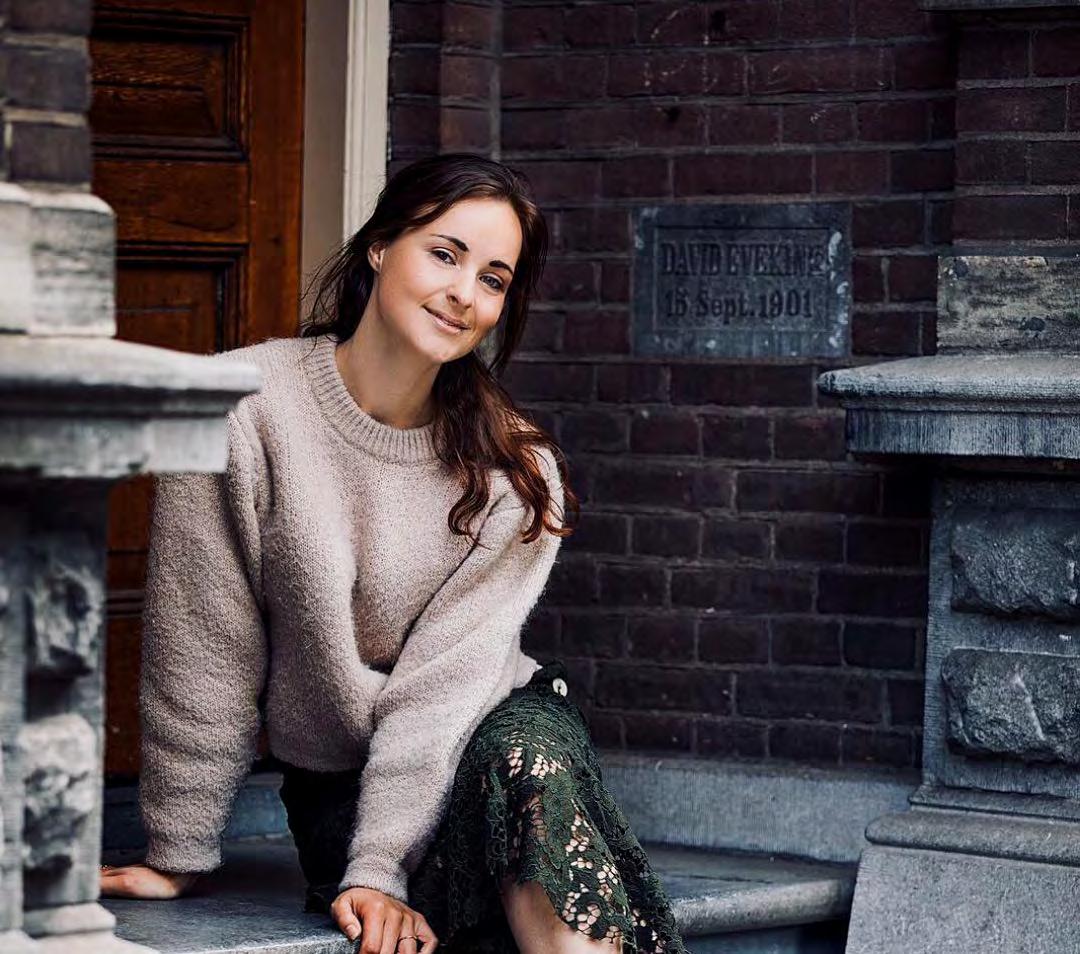
Hi, I’m Vera Seegers, I studied Visual Arts and in my business I connect makers, artists & designers with their target group to create unique custom-made items to overcome overproduction and overconsumption.
I have a big heart for creating and making beautiful items, but I also have a big heart for our world. A world that is characterised by pollution, exploitation, and inequality, partly due to our consumer behaviour. This is something I really want to change and think I can change, by spreading conscious consumerism with craftsmanship. Autonomous artists and designers make unique items. By supporting them, I support conscious consumerism.
Makers Hands has been around for a year now. This means that I am now about to enter the second phase. For this, I need funding and I am looking for a technical co-founder.
I would also like to make a documentary about conscious consumption, because I believe that this is the story that needs to be told in order to bring about drastic changes in our consumer habits. Just like eating meat and fish, our consumer behaviour needs to change.
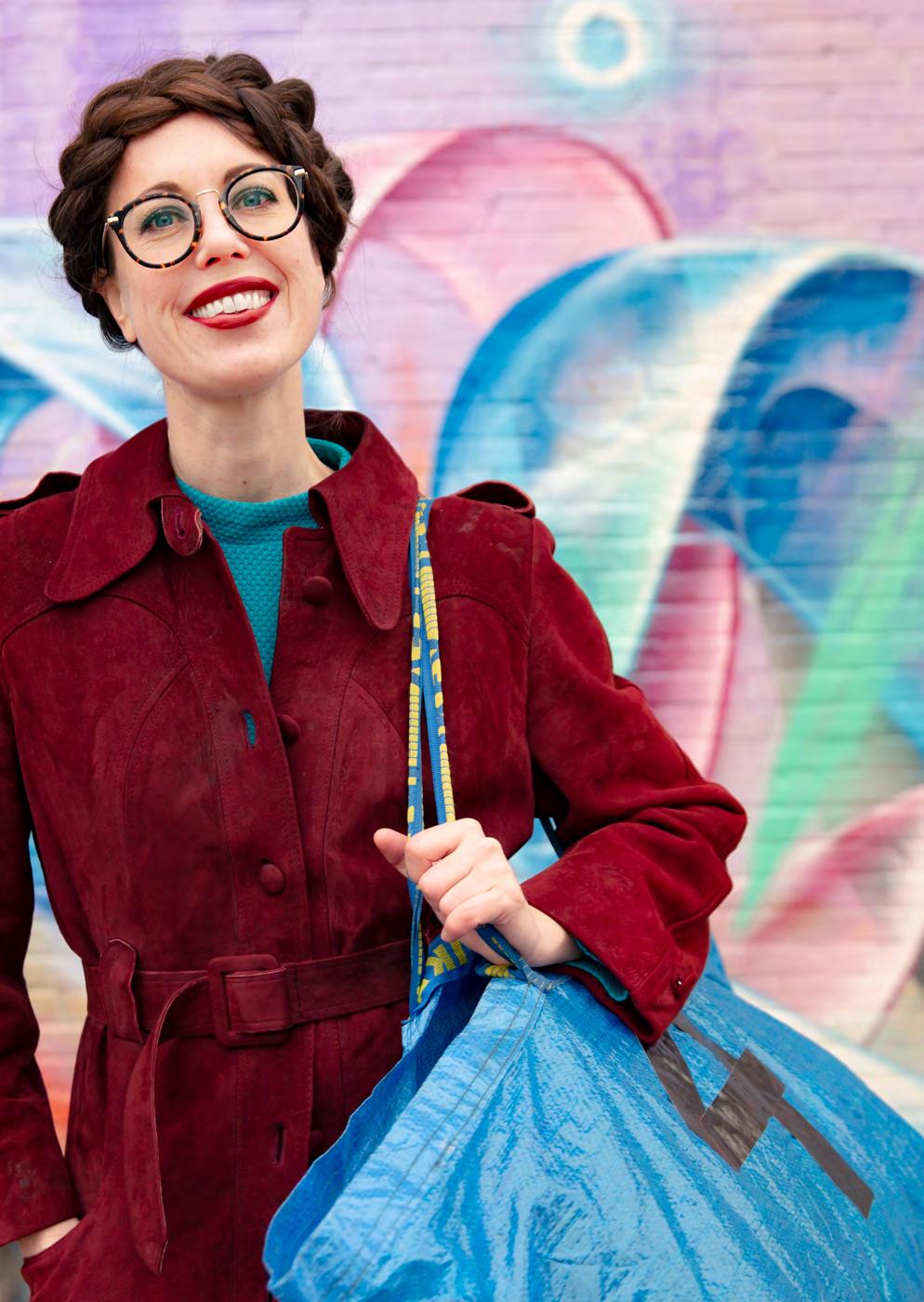
My name is Nichon Glerum. I am the founder of The Clothing Loop: an initiative that allows people to easily swap clothes with others in their neighbourhood.

The idea is simple: (large) bags filled with clothes travel along a route past all participants in a certain city or district. Do you get the bag delivered to your home by the person before you in the Loop? Time to shop! Take items you like, and put back something that is still in good condition, and ready for a new owner. If you want, share a photo with your latest find in the corresponding communication channel. It is so nice to see where items end up! Then you bring the bag to the next person on the list. Not all participants know each other, so it contributes enormously to a sense of community in the neighbourhood. It’s fun, free and sustainable!
Q. What main inspiration did you have to start your own enterprise?
I love clothes, but not the impact they have on the fashion industry. Our consumption behaviour is spinning out of control. I decided to stop buying new 13 years ago. Since then I have organised countless clothing swaps, both small ones in my living room, and large public ones at Cafe de Ceuvel and Tolhuistuin for example. When live swapping was not possible anymore due to the Covid-19 pandemic, the Clothing Loop was born. Now that the world is open again, it turns out it is here to stay. The loops work perfect alongside live events.
Q. What is it about this specific field that inte rests you?
One of the things that excite me most is when an item that no longer has any value for someone, sparkles joy for another person. To be able to share the joy of swapping with so many people is a dream come true.
Q. Where is your company today & what future do you see for it?
Currently The Clothing Loop has over 15000 people joining in the Netherlands, and we are launching worldwide as we speak. Currently there are Loops started (or in the process of starting) in Singapore, Belgium, Lisbon, Switzerland and New York. My mission is to reach one million swappers within the next 5 years. The long term goal is to achieve fundamental changes in the way fashion consumption happens.
Q. What piece of advice would you like to give other upcoming female entrepreneurs?
Asking for help is not a sign of weakness, it is a brilliant opportunity to learn and get others invol ved at the same time.
Q. What main inspiration did you have to start your own enterprise?
The inspiration for my work always comes from the problems we humans have created. How can we utilize creativity to come up with new solutions? To do so, I combine (academic) research with a handson design approach. With my work I am to create concepts that matters socially and sustainably. Being and entrepreneur enables me to dive into different topics and to tackle a broad range of challenges.
Q. What is it about this specific field that interests you?
Q. Tell us a little about yourself, who are you & what do you do Hi, my name is Emy Bensdorp and I work as a designer and impact entrepreneur. For me, today’s social and sustainable challenges form the most interesting topics to tackle. I do so with my two brands: design& research studio What’s the Matter and my brick company Claybens.
Claybens it the result from my latest project where I’ve developed an innovative solution to remove toxic PFAS chemicals from our environment. More specifically to remove the chemicals from our clay soil. By applying heat to the polluted soil, the chemicals are destroyed while the material transforms into ceramics. From this ceramic material bricks can be made. This project is being developed further under the Claybens brand. Currently we are working on a pilot after which we will start working on the larger scale.
By combining design with impact entrepreneurship, I create the possibility to create new concepts and bring them to reality. In the case of the brick project, I was fascinated with the fact to humans put harmful chemicals in our environment without worrying about the consequences. It is only recently that research is showing PFAS’ harmful effects and there were no good cleaning methods available. So, I accepted the challenge and tried to develop one.
Q. Where is your company today & what future do you see for it?
With both Claybens and What’s the Matter I aim to contribute to a sustainable future. To do so I envision the brands to grow in the nearby future. For Claybens the goal is to transform as much PFAS polluted clay soil into bricks as possible. Let’s get rid of those chemicals!

Q. What piece of advice would you like to give other upcoming female entrepreneurs?
Talk to a lot of people! About your ideas, your business strategy, your positioning, your pitch, your questions… everything! Own and express your entrepreneurship. That way people know what you are doing. Their input can help you further or link you to potentials sales and opportunities.


Q. Was there a time during the process of building up The Swapshop that you were struggling? How did you manage to get over this challenge?
In my experience, building up a startup brings a lot of challenges. For example, we struggled with how to approach the overconsumption of fashion. After creating a profitable business model around our project, we realized that if we really want to grow in the long term we need funding. After we got the funding we had to close 1 shop because of the pandemic. And a lot of challenges followed since then.
When we face a challenge, we try to take it lightly and with humour - then you automatically have the energy to swim to the coast again. The challenges teach us so much: what works, what our weaknesses are, and how to become a better person and entrepreneur. Both of us can handle instability pretty well, we dare to take risks, you just have to trust yourself that you can make it.
Q. What does a normal week look like for you?
One thing I learned is whatever happens, I take at least 2 days per week off. Because some people say as an entrepreneur you have to work 80 otherwise you won’t make it, so If I work 80 hours I am not very productive anymore.
Q. What do you think would make more women start their own business?
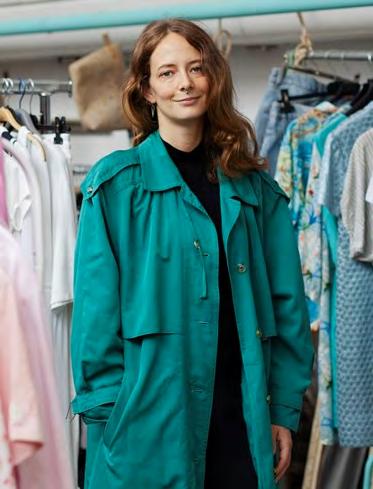
If you have an idea, just start, even if you don’t know how or if you don’t have the money to start it or it doesn’t look in your mind yet how you want it; start spreading around the fact that you started and just continue! So many things along the way go wrong and there are so many challenges, but the only way to go through is to keep believing in yourself and just continue finding a way.
Q. What is your life motto? Would you say it can be related to your position as an entrepreneur?
Being clear is being kind, and being unclear is being unkind./ Clarity is friendly and unclarity is unfriendly. - Brenée Brown
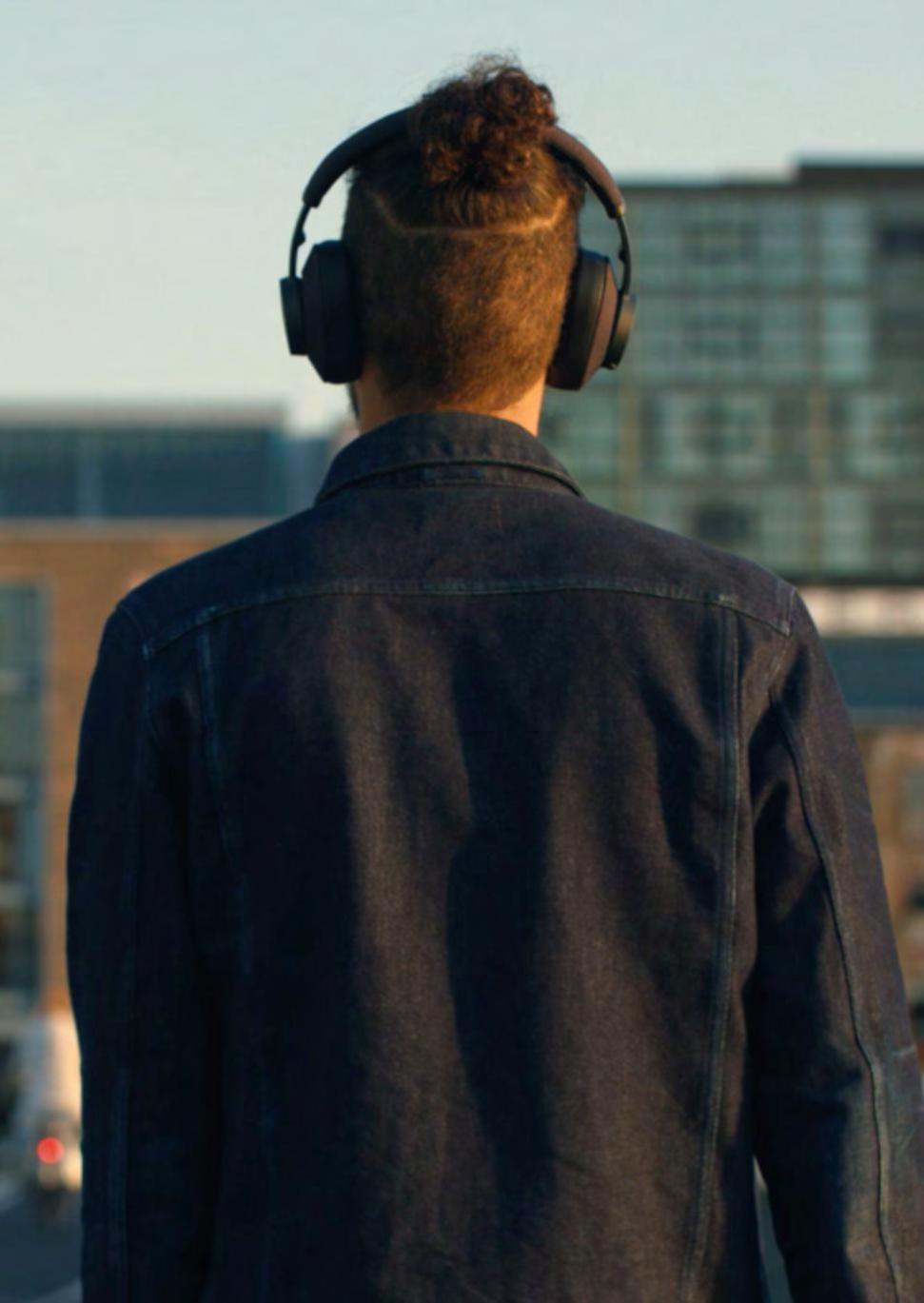
Q.What made you decide against working for another company and starting your own?
My mother and my sister are both classical pianists and as long as I remember, I‘ve always been inspired by the way they filled their lives with something they are truly passionate about. Making music on their own terms: I would do the same when I would grow older.
Q.Can you tell us about how you started your company and what you would do differently if you could?
Due to the coincidence of music suiting my environment perfectly, the idea for Off-Track was born. If I could go back in time I would stop procrastination - extra time did not help me to make decisions easier, it only made it harder.
Q.How did you acquire the needed skills and knowledge to build up your business?
Absorbing as much knowledge as I can, wherever and whenever I am. Watching endless Youtube tutorials, doing an internship after graduating or applying for (women) startup competitions and excelerators such as the Boost je Buurt from Amsterdam Impact.
Q.What are your goals for the future of your business?
There’s so much I still want to accomplish: I love fantasizing about the future. For Off-Track, I hope to be able to contribute to people’s lives all over the world by creating a moment of rest and happiness in their day. But first, launching the off-Track app this Summer in Amsterdam!
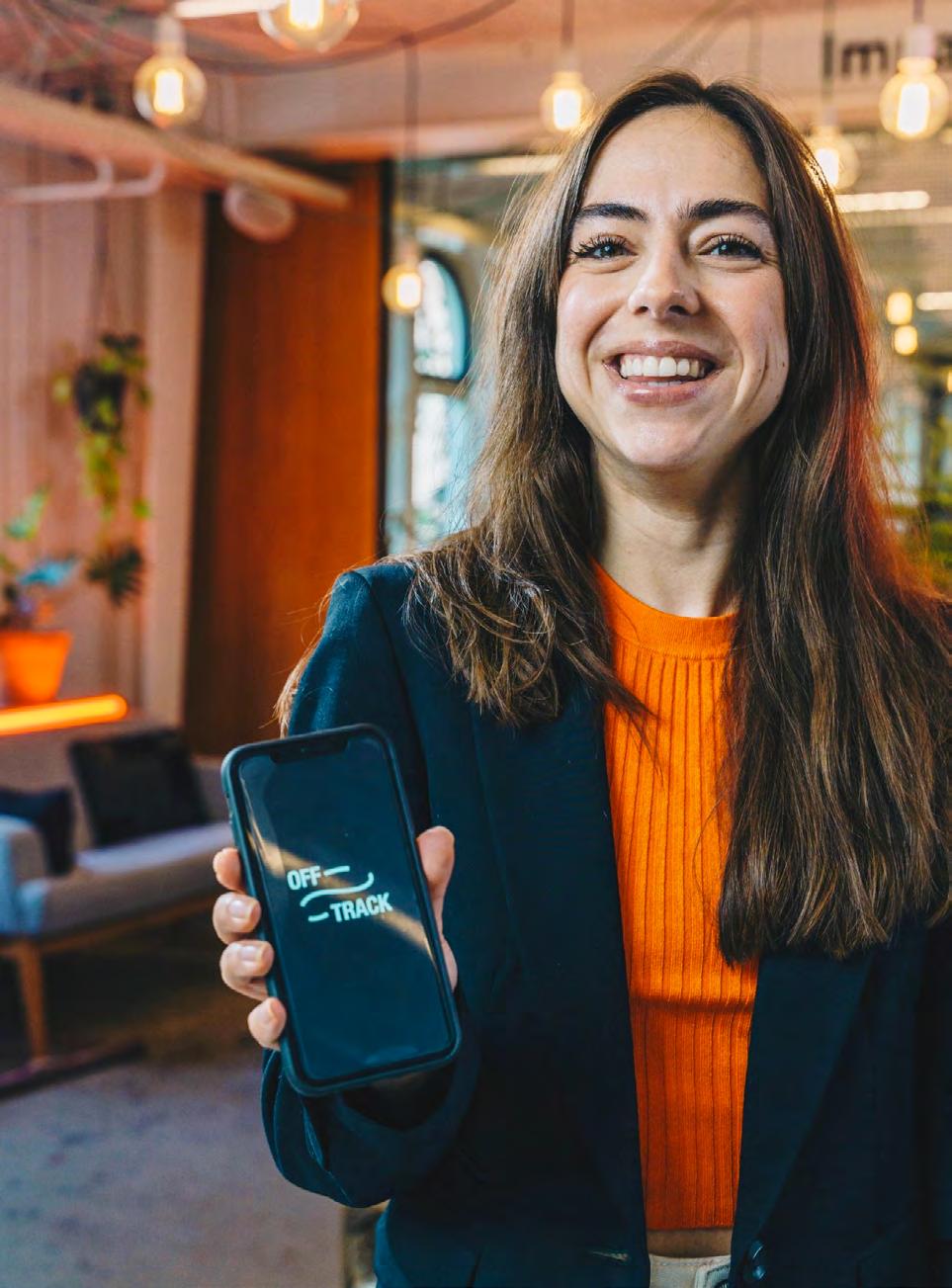
I am Hanna Sundermeier from Germany, I am currently working on the Good Registry, it is an app to make it easier for people to accept help.
I saw during the pandemic that a lot of people were struggling, specifically with mental health I saw that a lot of my friends were struggling. My background is in psychology and my friends are very open to discuss mental health.
We found that a lot of people find it significantly easier to say what they need help with when they have a suggestion - because they see that it is a normal thing to ask help for. Because the hardest part is accepting help. Nobody wants to need it. The Goodregistry is a technical solution to navigate through all the sensitive parts of accepting help.
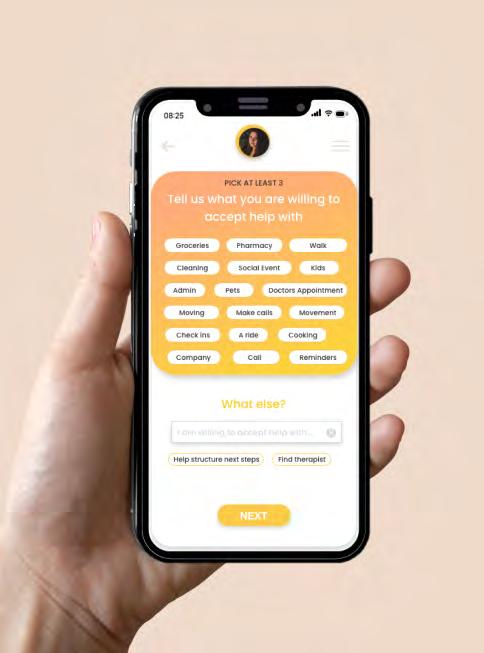
Q. In which stage is your company?
I am in the development stage, you can’t use it yet. I am currently looking for funding to grow my team.
Q. What would you recommend to other female entrepreneurs who want to start their own business on how to get their business started?
How you present your product and company is essential, confidence plays a big part in this. Women tend to be less comfortable (due to socialization) with big claims and confidence so this is something to counteract.
Q. How would you describe being an entrepreneur in 3 words?
Exciting, challenging, connecting!
Especially when you start, there is a lot of support coming from anywhere and people are thinking along. The moment you start telling people about your idea, they immediately start brainstorming. Everybody wants to contribute and is really excited about connecting you to others. I think that this kind of enthusiasm might be unique to social entrepreneurship.
More info at www.thegoodregistry.com
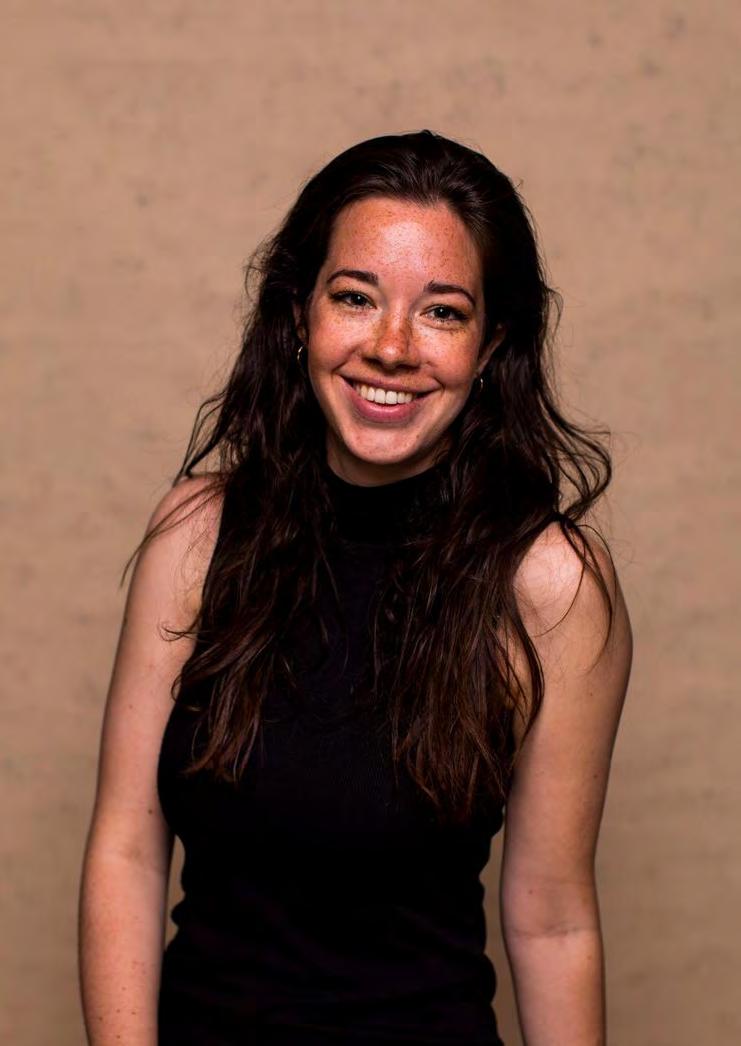
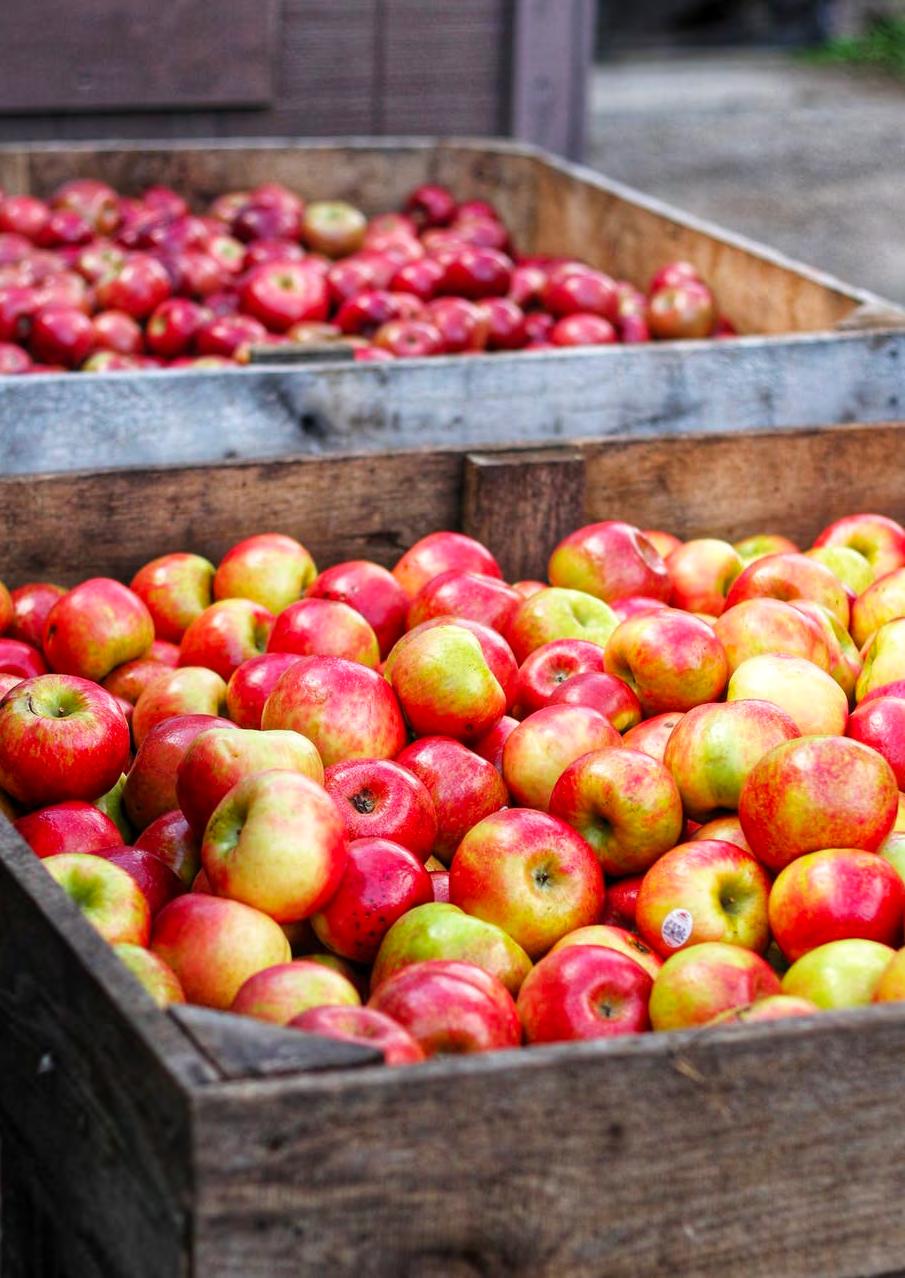
I have been working with sustainability for nearly 10 years. But I didn’t have a direct influence on the final results of my actions. Having my own startup makes sure that I see exactly what the final impact of my work is. It gives more purpose to my work, my heart is fully in it, and I am constantly challenged and leveling up.
Q. What is it about this specific field that interests you?
40-50% of fruits and vegetables produced in India and SSA get rotten on the way. Even in developed countries we still throw tons of fresh produce away every week due to overripening and disease. Tackling food waste and food loss is about reducing hunger, improving livelihoods, responsible consumption and reducing carbon emissions, and also simply about knowing that basic necessities should be accessible to all.
Q. Where are you today with your company & what future do you see?
I am Swathi Suman, the founder of TechniFris Agro Solutions, a startup that reduces food loss in the supply chain by extending the shelf life of fresh produce, and making sure that food gets consumed instead of getting spoilt on the way.
Today, TechniFris has MVPs of its devices ready for trials, has ongoing conversations with Wageningen University in The Netherlands and CFTRI in India to conduct the trials, as well as interested investors and potential partnerships. We see interest from people all over the world for our tech, since it consumes the least energy, doesn’t involve any spraying, dipping or intrusion to the natural state of the produce, and is easy to integrate to existing cold storage systems. The future I see is a company that has large markets all over the world for different parts of the supply chain, and becomes a major player in ensuring that food that is produced is food that is consumed.

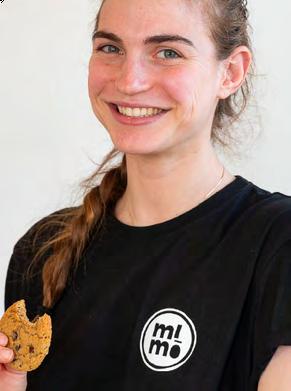
Q. What would you recommend to other female entrepreneurs who want to start their own business?
Just go for it! That’s the best way to learn about yourself if you are really able to manage and run a business. At least for me I had a lot of doubt at first and I think what really helped me was having a lot of people that encouraged me to just go for it and care less about what people think.
Also, for someone who wants to start their own business in the food industry, I’d recommend having some background knowledge in business. For example, I study Food Product Development where I learn the ins and outs of the supply chain, food safety, how to write a hazard plan, and knowing the difference between having your own production facility and outsourcing. However, it does not teach you what you need to implement to make a business succeed, run or start, so that is something you only learn by doing.
Q. How did you come up with the idea to start Mimo Cookies?
During the pandemic I found this recipe for vegan chocolate chip cookies from a bakery in New York. I posted on Facebook that I am selling vegan cookies package free and I had so many people ordering that I was cycling all around Amsterdam. For a university course, I started writing a business plan with 5 other people on my idea about this cookie company. We were thinking about how we can get these cookies fresher to the end consumer. Finally, the idea of pre-portioned, frozen, ready to bake cookies for retail stores.
Q. What has been your biggest challenge when starting Mimo Cookies?
Practically speaking, the production process has been one of the biggest challenges because I went from a very small scale to trying to do something on a very large scale. So, I had to change the production method. Now, we produce in a production facility and we share it with another food startup company.
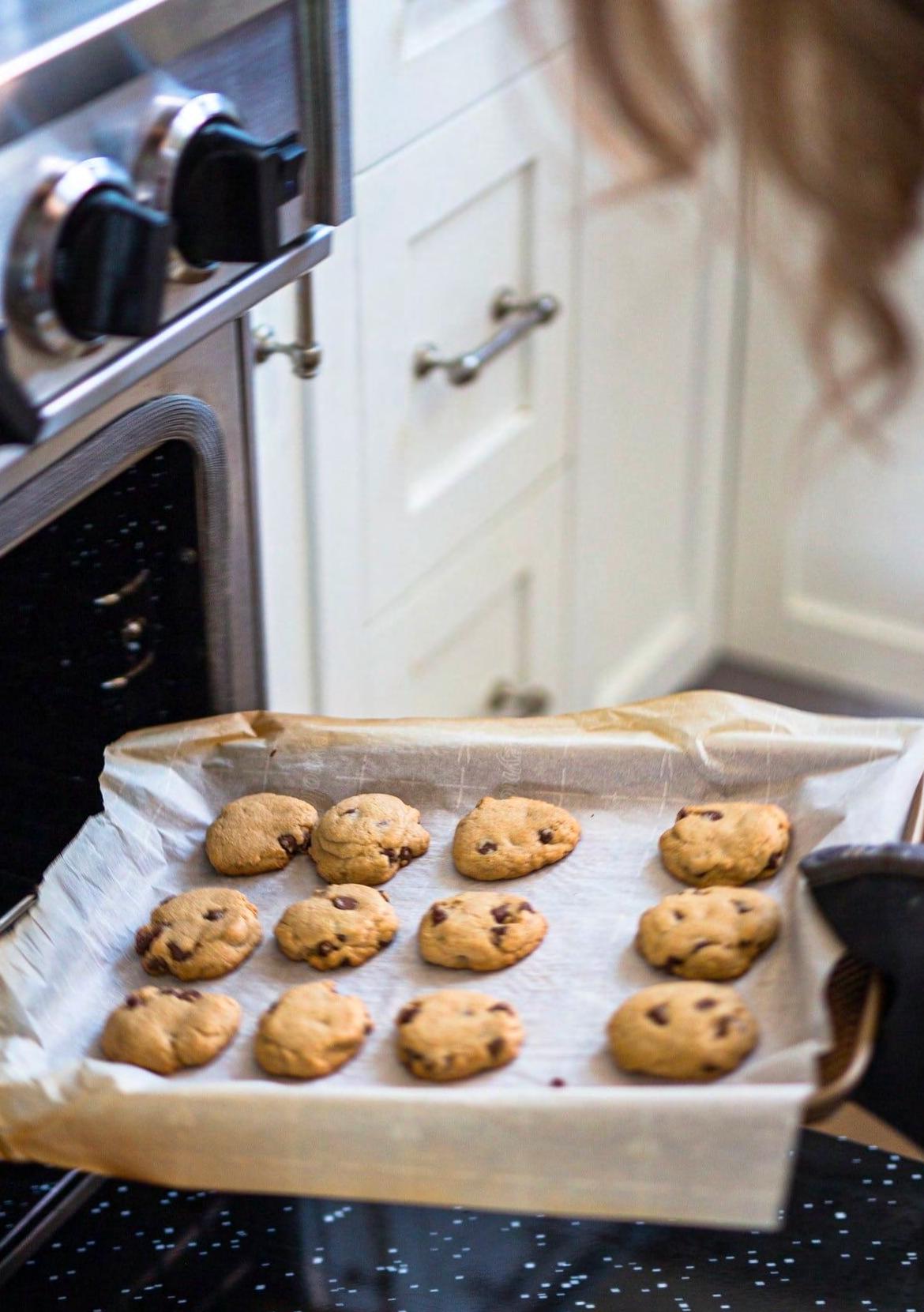
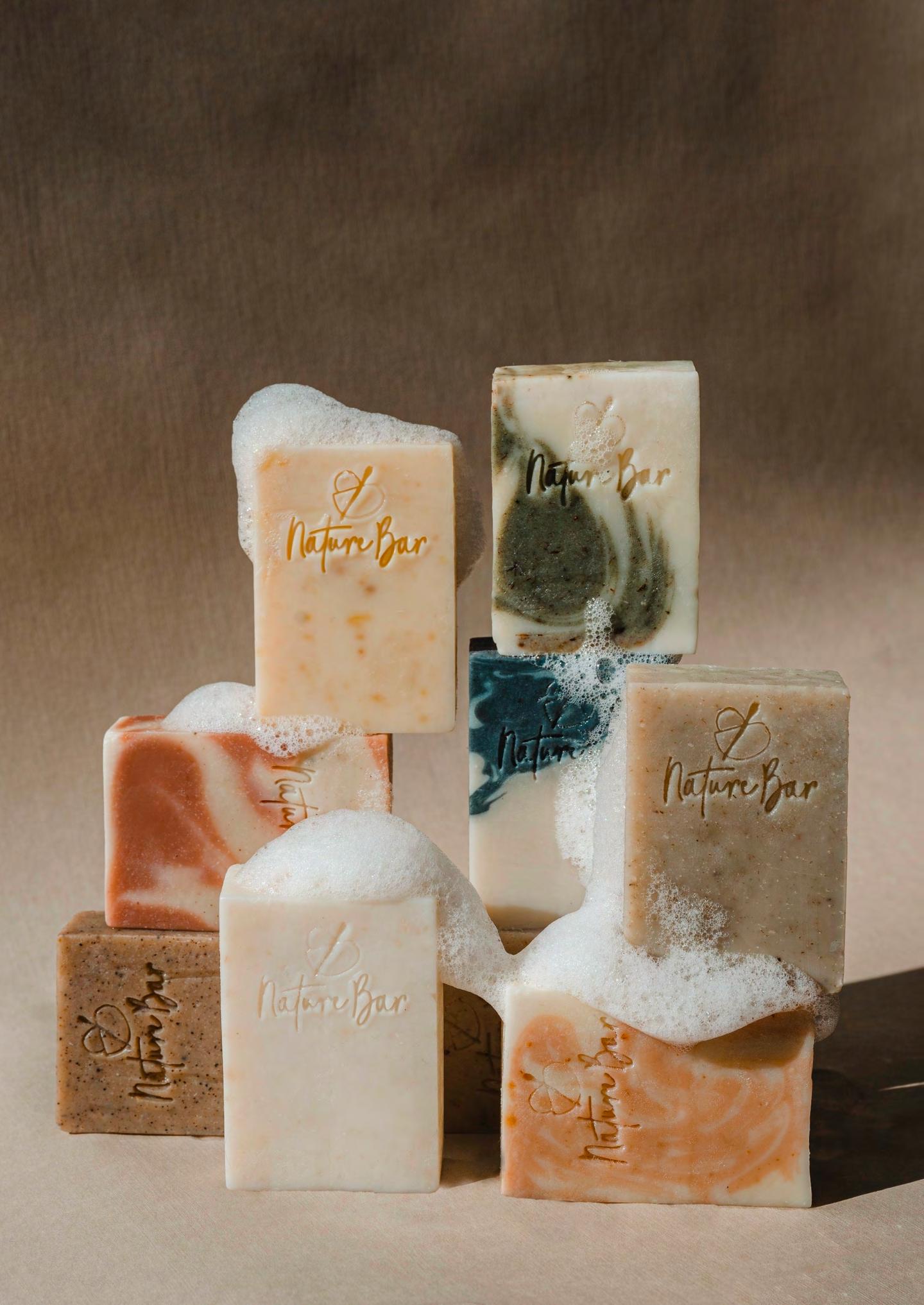
Q. Was there a time during the process of building up your company that you were struggling or doubting about what you are doing? How did you manage to get over this challenge?
Starting a business without any funding is challenging. So the first year was all about bootstrapping, how can I be creative and achieve a goal without spending a lot of money. In essence, how can I do a lot with little. Which really suits me and Nature Bar.
Plus, I really like the lean startup method. Don’t over analyze, sometimes you just need to test things out and go from there.
Q. What would you recommend to other female entrepreneurs who want to start their own business on how to get their business started? Gather likeminded female entrepreneurs around you. Plus share your idea with them! You will be surprised how many people want to help you.
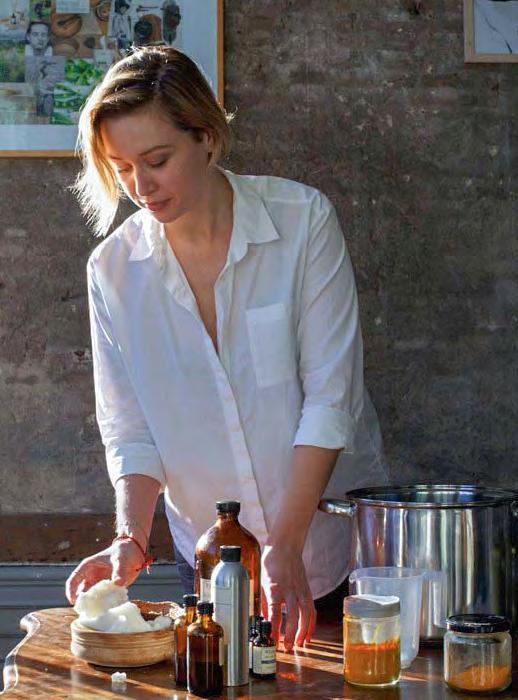
Q. In what life situation did you decide about starting your own business?
In 2019, I quit my job to go backpacking through Latin America. I was fed up with overconsumption and wanted to get closer to myself and nature again. I can tell you, it worked out quite well ;).
In a small shop in Mexico – full of dried herbs and gemstones – I was looking for calendula ointment for my mosquito bites. However, I found handmade calendula soap, with real petals.
This inspired me to use the healing powers of calendula in my soap. The rich natural oils made my skin healthy again and unnecessary to use other products such as body lotion. A small bar of soap replaced several large plastic bottles.
Q. What is your life motto? Would you say it can be related to your position as an entrepreneur?
“I have never tried that before, so I think I should definitely be able to do that.” Pippi Longstocking.
I think we could all canal our inner Pippi Longstocking more. But especially as an entrepreneur it can be really helpful. Being an entrepreneur means you need to be bold, make a lot of decisions and stand for what you believe in. So when in doubt “I have never tried that before, so I think I should definitely be able to do that.”

Q.When looking back at starting your own business, what would you do differently if you could?
When looking back, I think that I should have invested more money in the beginning and maybe spent more money on looks and branding. But at that time, I was a bit stubborn and thought I could do everything on my own. I think this is also a strength, because there is so much that you can do yourself, but you don’t always have to make it perfect before sth is ready to launch.
Q.What would you recommend to other female entrepreneurs who want to start their own business?
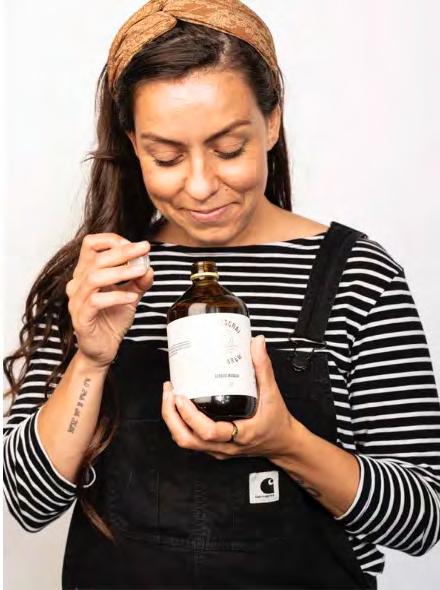
It doesn’t have to be perfect when you start, there are always gonna be people who will tell you “I am not sure if you could do this” or “This is not ready yet”. But if you see a little point at the horizon where you want to go, I would stop listening to anyone telling you not to start because it is not finished.
I studied Business and Retail Management, so I have always looked for an opportunity to start my own enterprise. However, the idea came up when I started travelling in Australia where I was working 3 years as a barista where chai and coffee are almost equal in orders. When I came back to the NL, I realised how bad the chai here is. So, I just saw that there was a gap in the market with no one producing high chai locally.
Q.What is your life motto?
Don’t wait. Just start. That’s literally how I live and how I do everything. I believe the only way to start is to just do it, and not wait for the perfect design, or the perfect client, or whatever. There never is a perfect timing.
